CottonWorks™ Presents the Pathways to Progress Webinar Series on U.S. Sustainable Farming Practices
May 10, 2021
How the U.S. cotton industry is setting and reaching goals to decrease environmental impact
Over the last 35 years, U.S. cotton producers, researchers, and industry organizations have been committed to implementing innovative farm-level technologies, management systems, and conservation practices that increase yield while decreasing strain on natural resources. These sustainable farming practices benefit growers on both sides of the balance sheet, and support textile brands’, manufacturers’, and retailers’ goals to make their value chains more sustainable. But, how far has the cotton industry really come, and what comes next in its sustainability journey?
The upcoming CottonWorks webinar series, Pathways to Progress, examines these questions, mapping the U.S. cotton industry’s road to net-zero environmental impact in five parts. The webinars begin May 11, and are open to all participants. Register for free here.
U.S. Cotton Industry History of Environmental Progress
The U.S. cotton industry has made great strides in its environmental impact in the last 40 years. For example:
- The U.S. cotton industry has reduced its GHG emissions 30% since 1980.
- Cotton is produced in the U.S. today with little or no irrigation.
- It takes 31% less land to produce one kilogram of U.S. cotton lint than it did in 1980.
- U.S. cotton has reduced energy use by 38% since 1980.
This significant progress is just the beginning of the cotton industry’s commitment to becoming more sustainable. That commitment not only improves growers’ profitability, but it is also a major contributor to downstream supply chain partners’ environmental goals. For example, according to World Resources Institute, 84% of the apparel industry’s 1,393 million tons of GHG emissions lie in extracting raw materials and processing them into fabric. That total includes many raw materials besides cotton, and a simple shift from synthetic to natural materials like cotton that are produced sustainably can significantly reduce this output.
Establishing the U.S. Cotton Industry’s Sustainability Goals
The environmental challenges facing our world today range from climate change to product end-of-life, plastic waste, and water scarcity. Making the global cotton industry and the industries cotton supports more sustainable requires a transition from traditional cotton production practices to more technologically advanced methods that conserve natural resources. After a deep, scientific examination, the U.S. cotton industry established six industry-wide sustainability goals focusing on:
- Land use efficiency
- Soil loss
- Greenhouse gas emissions
- Energy use
- Water use
- Soil carbon capture
The first webinar in the Pathways to Progress series from CottonWorks will address how the U.S. cotton industry set these sustainability goals and the tools and methods producers, researchers, and stakeholders are using to reach them. Cotton Incorporated’s Chief Sustainability Officer, Dr. Jesse Daystar, and Vice President of Agriculture and Environmental Research, Dr. Kater Hake will also present on how land-use efficiency connects to five sustainability goals:
- Increase soil carbon
- Decrease greenhouse gas emissions
- Decrease soil loss per acre
- Decrease water use
- Decrease energy use
The webinar will take places at 2 p.m. EDT, on May 11, and participants can register easily online.
Cotton’s Sustainable Farming Techniques
The full Pathways to Progress webinar schedule includes:
- June 8 – Pathway to Progress: Energy & GHG
- June 22 – Pathway to Progress: Soil Loss & Carbon
- July 20 – Pathway to Progress: Water
- July 27 – Pathway to Progress: Measurement
The series highlights how U.S. cotton growers are adopting more sustainable farming techniques and how their work supports textile brands’, retailers’, and manufacturers’ sustainability goals. Since the majority of the apparel industry’s environmental impact lies upstream in the value chain, understanding sustainable farming advancements is essential to choosing sustainable supply chain partners.
Register today to learn about the U.S. cotton industry’s Pathway to Progress, and its efforts to create a more sustainable future for cotton and the world.
The work we do is possible because of collaborations with researchers like these and partnerships with people all throughout the value chain. Ready to commit to sustainably produced cotton? Become a Cotton LEADS℠partner today. Interested in doing even more? Contact us for ideas to get the most out of sustainable cotton and your partnership with Cotton LEADS.


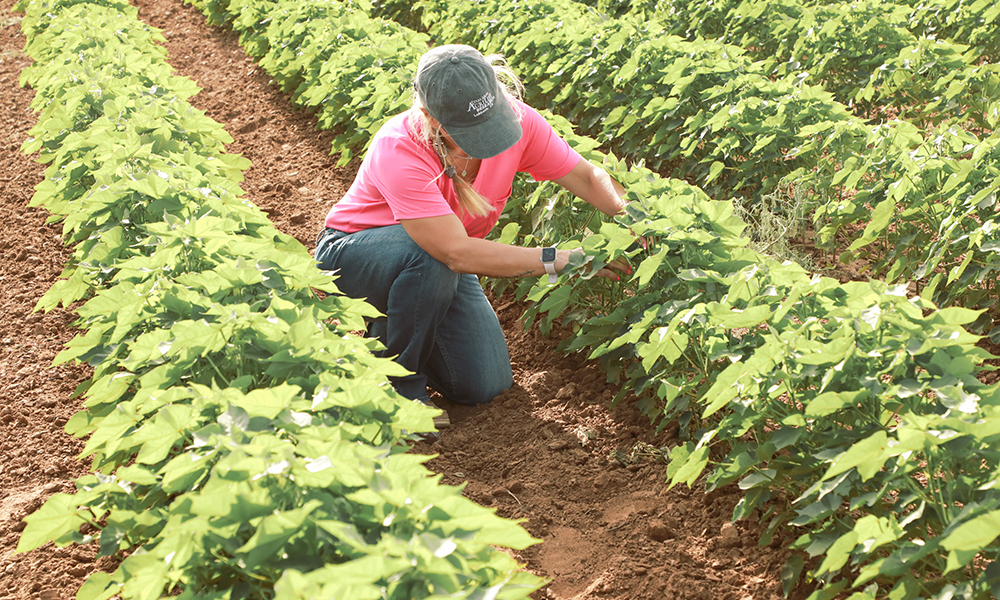
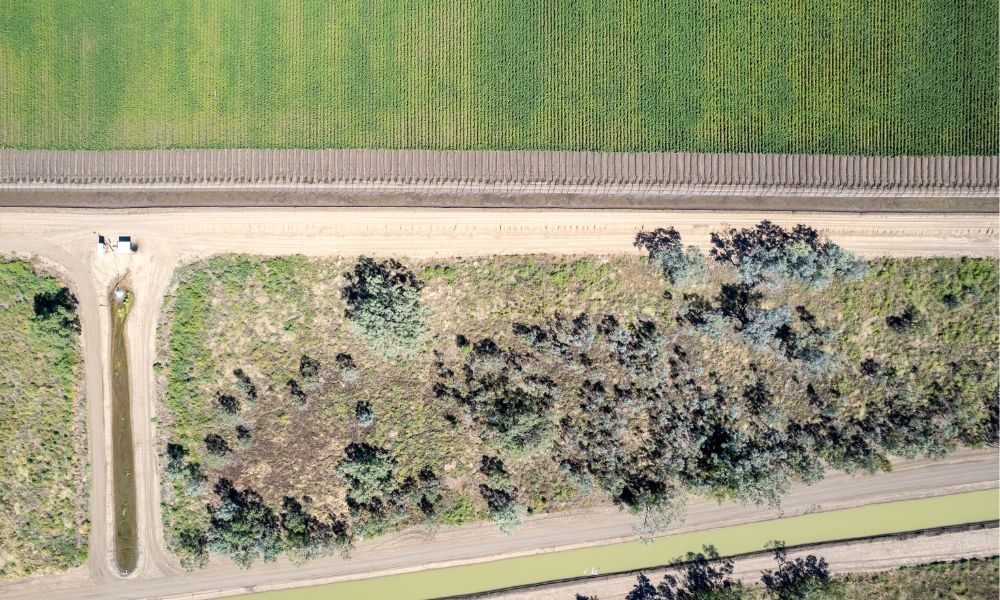
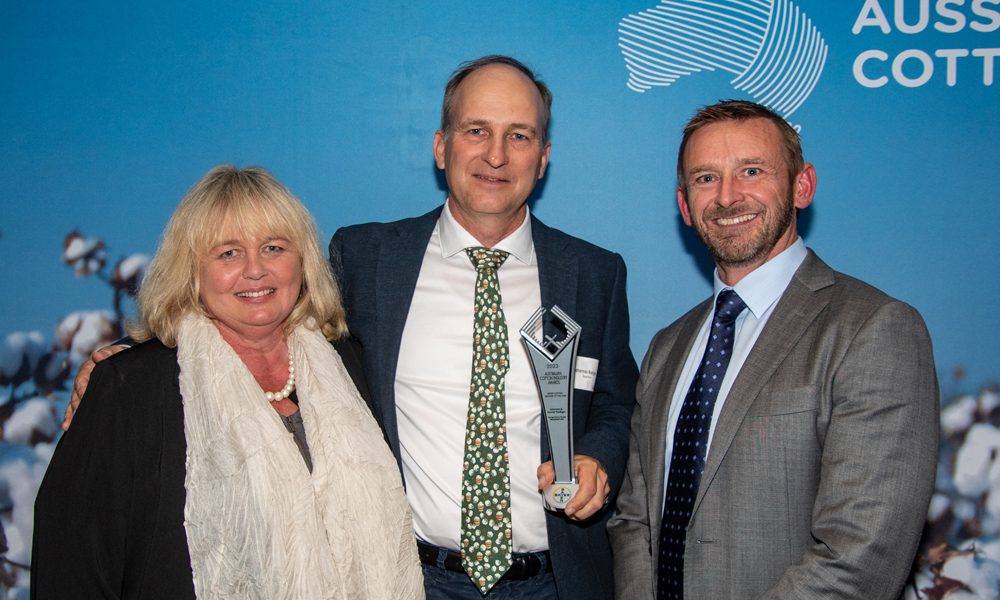

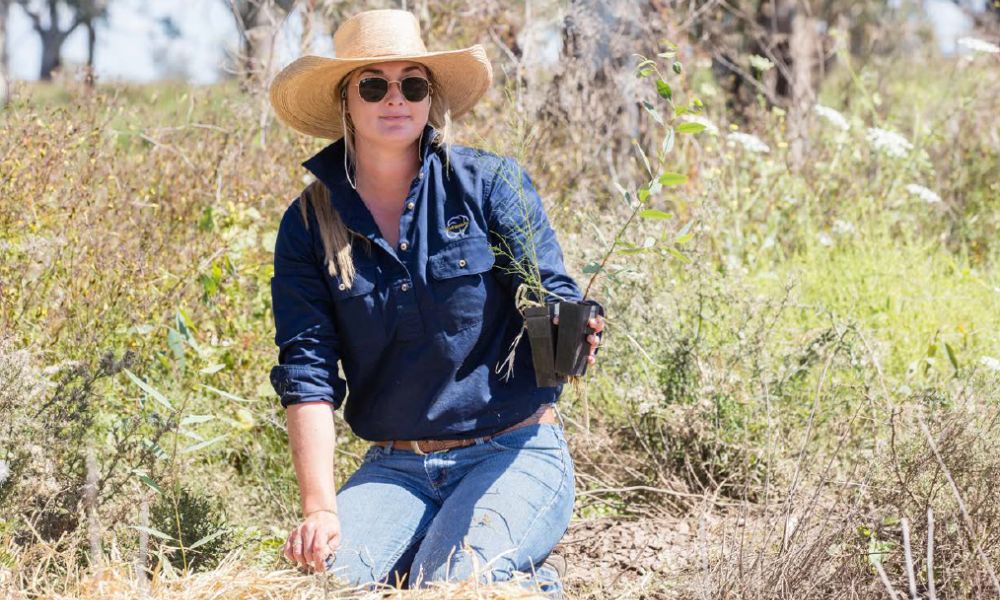
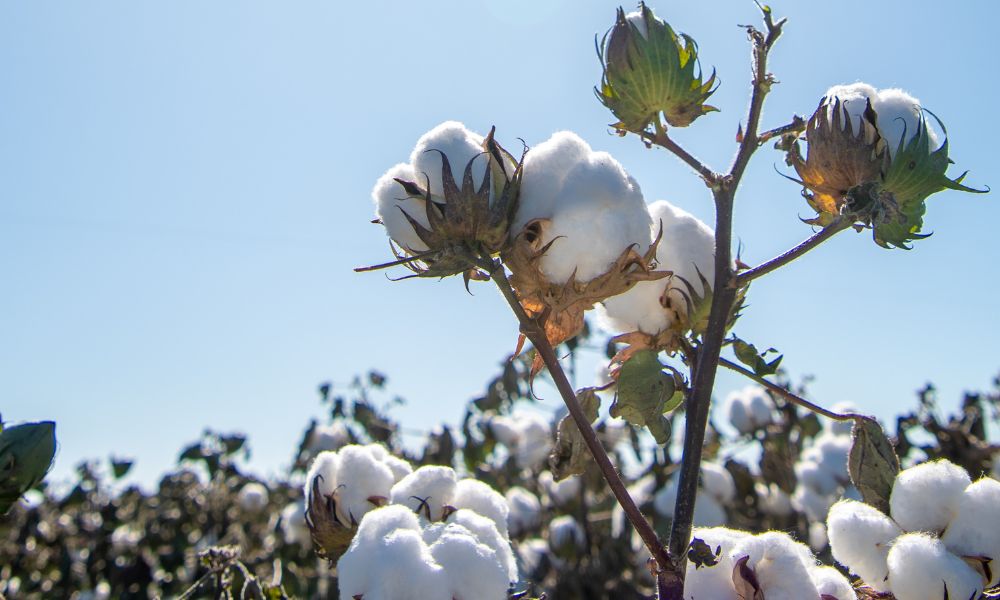

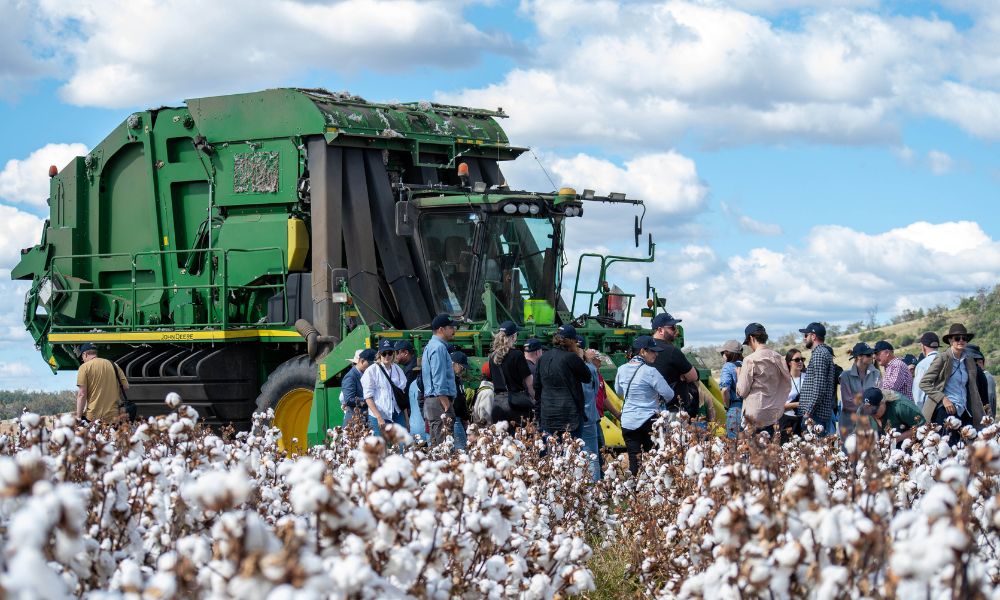
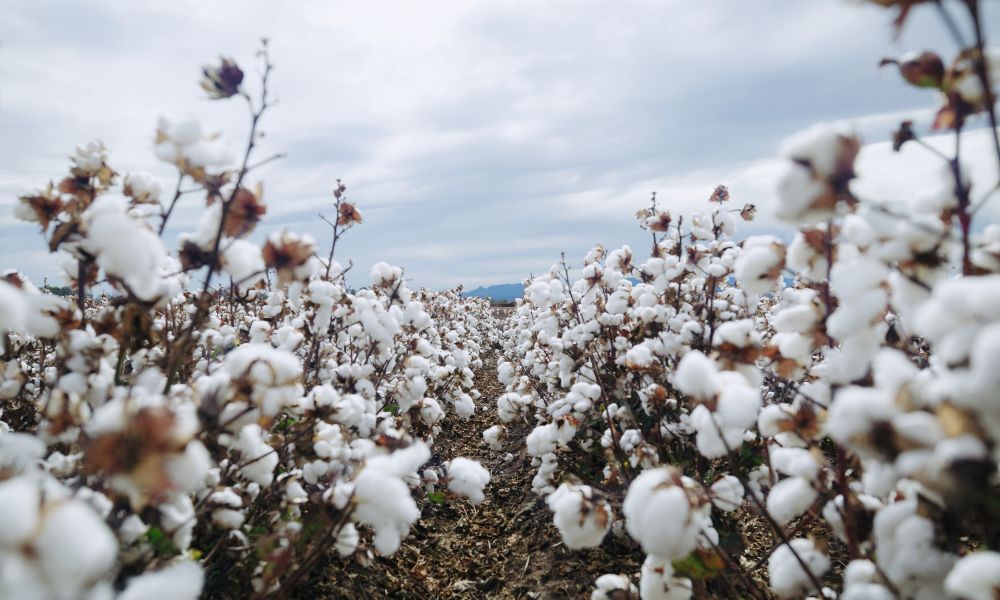
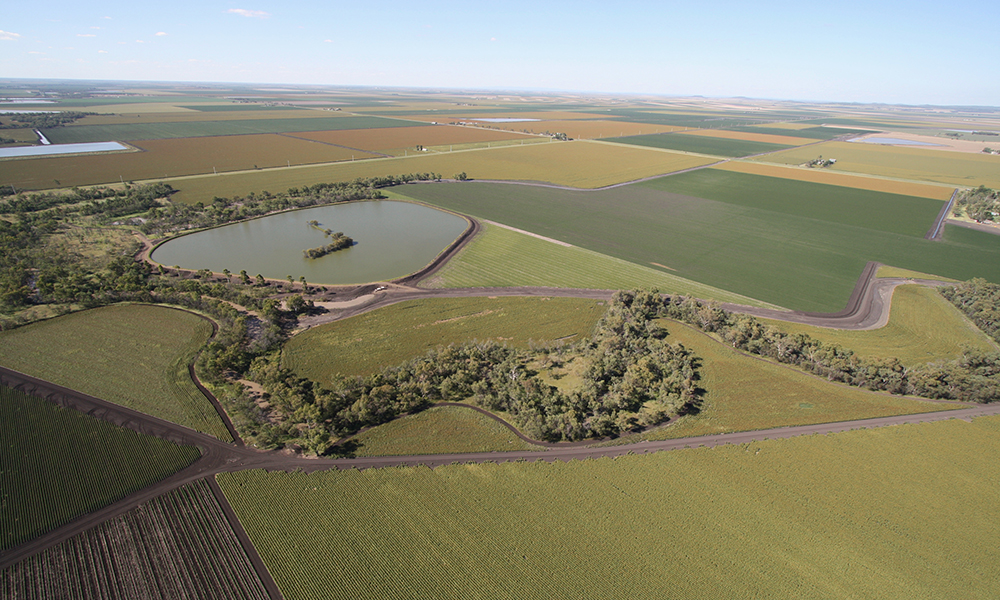
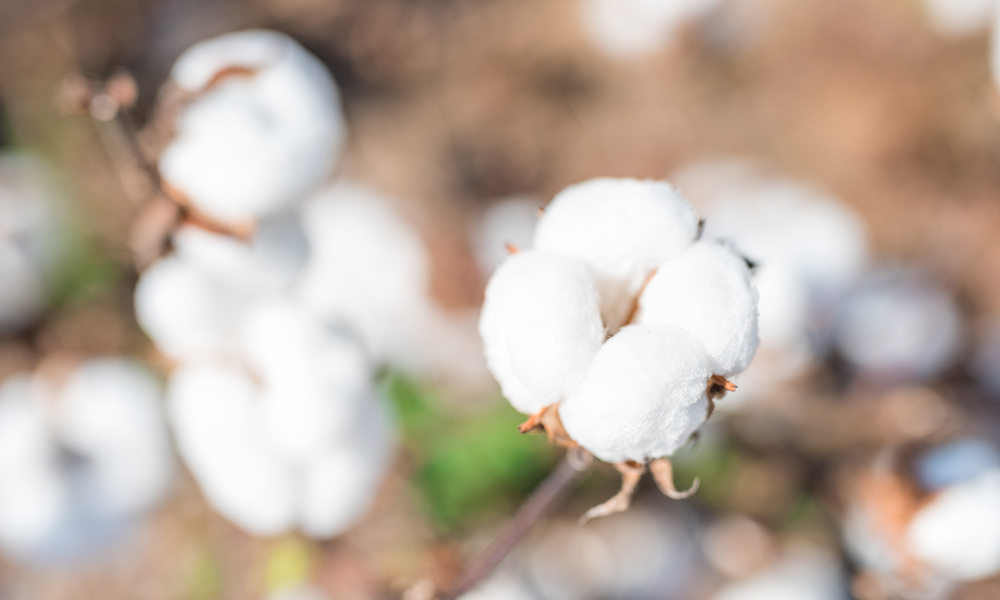

Recent Comments